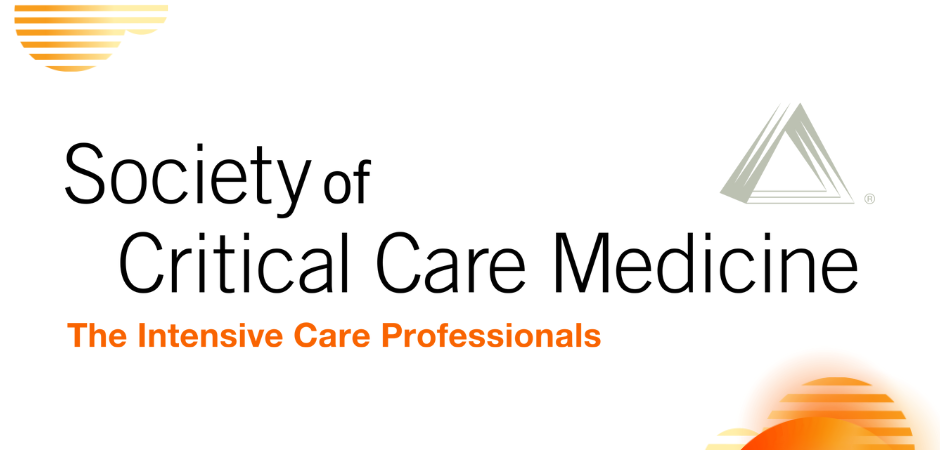
Clinicians are sharing early findings about an emerging critical illness predominantly affecting school-aged children and young adults. The Centers for Disease Control and Prevention (CDC) has defined criteria and named it Multisystem Inflammatory Syndrome in Children (MIS-C) Associated with COVID-19.
Most U.S. cases are in New York, where SCCM member and American College of Critical Care Medicine (ACCM) Chancellor Edward E. Conway Jr., MD, MS, FAAP, FCCM, has been a leader in raising awareness. Of the more than 170 patients reported, most have responded well to therapies, which have included anticoagulation, IV immunoglobulin, IL-1 or IL-6 blockade, and corticosteroids.
Cases emerged approximately four weeks after the state saw its peak of COVID-19 adult patients, and many of the MIS-C patients have tested positive for COVID-19 or antibodies, suggesting the condition occurs post-infection.
Takeaways from leaders in the field:
Recommended Reading
“This is a rare disease. Look for it because you don’t want to miss it, especially as other states emerge from their COVID-19 peaks. It’s important we not miss other diagnoses such as sepsis because we are so focused on COVID-19,” Dr. Conway said.
SCCM Council member Lauren R. Sorce, PhD, RN, CPNP-AC/PC, FCCM, echoed the call for a discerning eye that uses broad differential diagnosis to its fullest to ensure proper therapies. She also cautioned that clinicians should not rely on antibody tests alone. “Antibody testing is somewhat problematic until we can have aged-match controls for children,” she noted. “In reviewing The Lancet article by Riphagen and colleagues, the first patient was negative for SARS-CoV-2 initially then positive on post-mortem exam. We should be aware of the limitations of the current testing.”
Fever and gastrointestinal presentation (vomiting, diarrhea, severe abdominal pain) are the primary symptoms of MIS-C, but it will also include a host of symptoms that overlap with other known conditions such as Kawasaki disease, toxic shock syndrome, and post-infectious diseases like Rheumatic fever. Symptoms include skin rashes, red or cracked lips, and swollen hands or feet.
Similar conditions provide the best reference for clinicians struggling to understand a new illness and determine therapies, but the differences in MIS-C are striking -- particularly when it comes to the severity of inflammation and cardiovascular complications. In comparison to Kawasaki disease, patients are older, more likely to present with shock and experience more severe cardiovascular issues. In New York, the majority of children were anticoagulated early, and a small percentage required mechanical ventilation to support the cardiovascular system.
It is unknown if this is a polymorphic change, since the same trends have not been reported in China or Japan. “The places where Kawasaki disease is most prevalent geographically, namely Asia, have not seen outbreaks of this disease that coincide with the pandemic,” noted Dr. Sorce. “If this was a Kawasaki disease triggered condition, one might consider that places like Japan would be seeing similar cases. They are not. That leaves a big, yet unanswered question: What is this?”
Like everything during this pandemic, sharing data is again the key.
“There are no currently no experts on MIS-C, and nothing we are doing is evidence-based. This disease in the U.S. is only a couple of weeks old, so we must learn from each other,” Dr. Conway said. “There are overlapping elements with many other illnesses, but this is something different.”
Healthcare providers who have cared or are caring for patients younger than 21 years of age meeting MIS-C criteria should report suspected cases to their local, state, or territorial health department. It is important to note that the case definitions for MIS-C from the CDC and WHO do vary slightly.
The Discovery COVID-19 VIRUS Registry is prioritizing pediatric data collection. With nearly 40 pediatric sites and 20 new data points for this patient population, your participation will help identify important trends in this vulnerable population experiencing new, unknown illness.